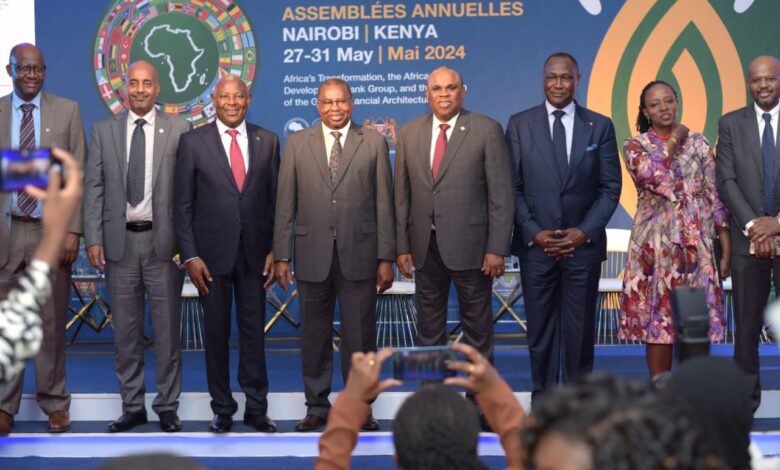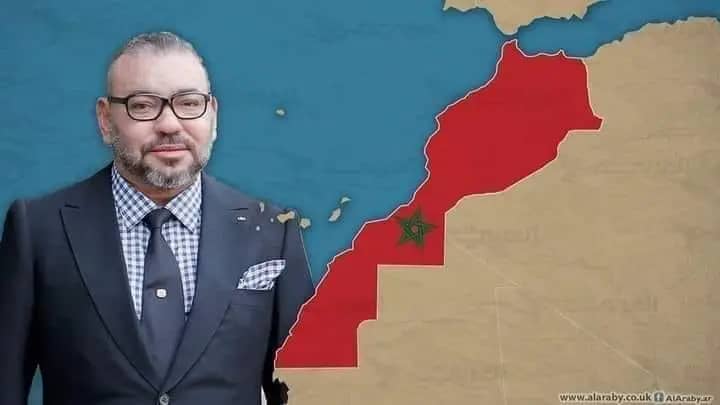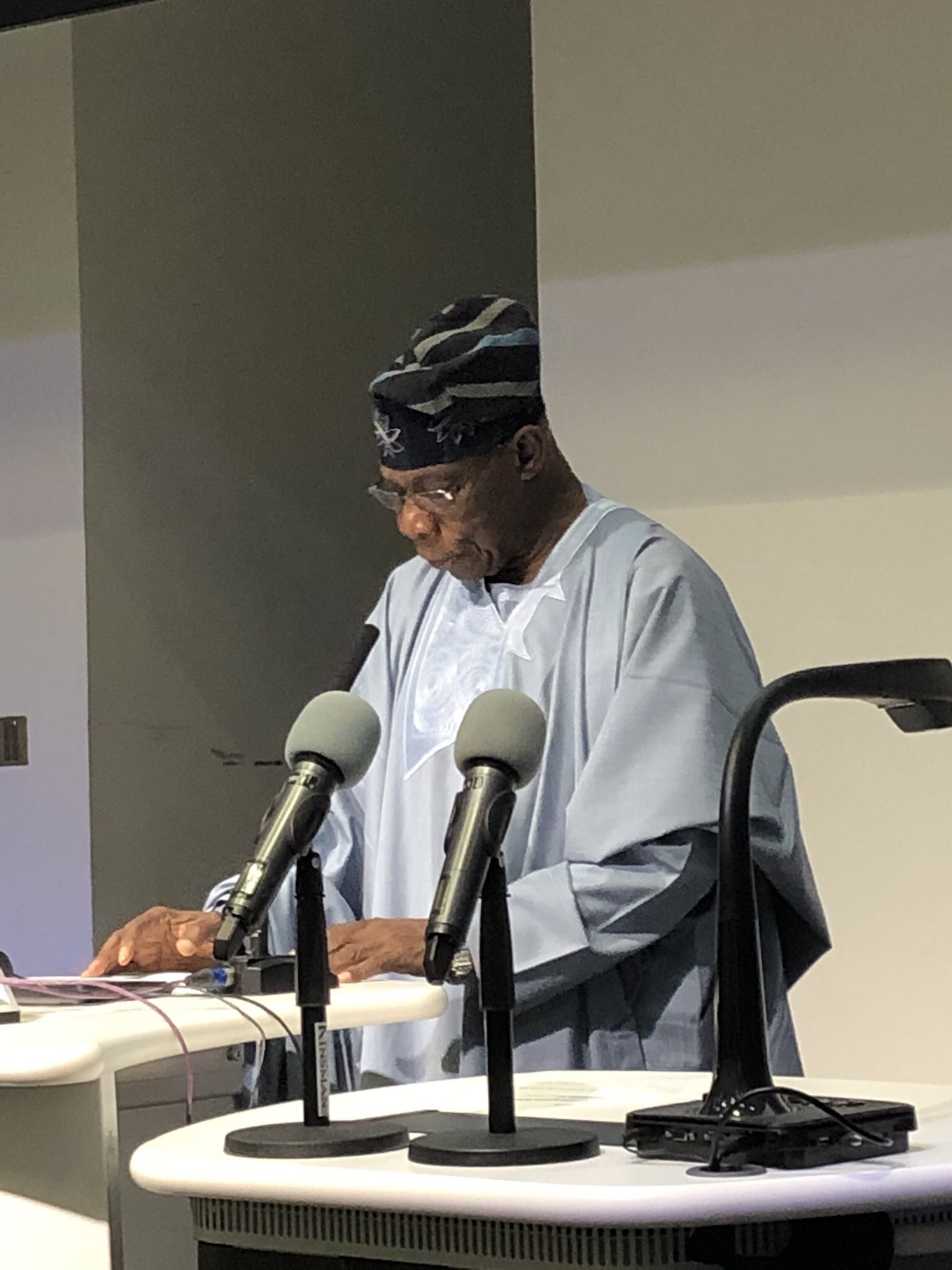African Financial Leaders Rally for Private Sector Growth in Sustainable Development

During a panel discussion organized by the Alliance of African Multilateral Financial Institutions (AAMFI) at the 59th Annual Meeting of the African Development Bank (AfDB), key stakeholders called for collective support to enhance Africa’s private sector, promoting inclusive and sustainable development across the continent.
Speaking during the event; Prof Benedict Oramah, President and Chairman of the Board of the Directors of Afreximbank and Chairperson of the Alliance of African Multilateral Financial Institutions (AAMFI) “The Africa Club” underscored the importance of formation of the Alliance in helping Africa’s private sector.
“The key purpose of the formation of the AAMFI was to create a platform for all of us Africa multilateral financial institutions to work more closely to attain a common mandate. These banks already serve complementary roles in financing the continent’s development and the Private sector. The formation of the Alliance underscores the collective commitment of its members to support Africa’s self-reliance and private sector”. Said Prof Benedict Oramah, During the session, the need for partnerships was highlighted as a key area that governments and other stakeholders need to embrace to make projects more sustainable and feasible.
“Partnerships that work are those that have the realization that we must unlock, retain and capture value on the continent by moving away from exporting raw materials to finished goods and processed goods” emphasized Samaila Zubairu- President and CEO of Africa Finance Corporation and 1st Vice Chairperson of the Alliance of African Multilateral Financial Institutions (AAMFI)” The Africa Club”
Zubairu further stressed the need for African countries to become self-reliant in goods processing, describing it as a foundation for building capital markets and developing quality human capital. “By advancing from import substitution to primary industries, we create quality jobs and mobilize savings within the economy. These institutional savings can then support capital market development, allowing us to mitigate risks,” he added.
Admassu Tedesse, the President and Chief Executive of Trade and Development Bank talked about rethinking the architecture, where he also highlighted partnerships as a key aspect for mobilizing finance- “We need to do business differently, and work together through partnerships, we also raise money and are very successful but there a few things that make a difference, like partnerships”.
Panelists also advocated for enhancing the quality of human capital and establishing research institutions to bolster capital market development.
Supporting small and medium-sized enterprises (SMEs), which are the backbone of Africa’s economy, was also a key focus. James Mwangi, Group Managing Director and Group CEO of Equity Bank Limited, noted, “We need to implement financial literacy programs and training for startups and entrepreneurs, as traditional global financing models that rely on data are not suitable for these new ventures.”
Manuel Moses, CEO of African Trade and Investment Development Insurance, highlighted the need for political risk insurance in Africa, especially with the continent facing numerous elections that could lead to regulatory changes. “There is a need to create political insurance for Africa, to try and make projects work on the continent”.
Reiterating the need to created risk packages especially for small and medium enterprises in Africa, Hope Mulera, the Managing Director and CEO at Zep-Re reiterated the need to make insurance more inclusive saying “There is need to focus on the agro value chain, and the insurance sector is coming together to provide packages that derisk the SMEs especially the trade and investments that they are making”
Thierno-Habib Hann, CEO and Managing Director of Shelter Afrique Development Bank, emphasized the role of development banks in supporting the private sector. “We must take chances with entrepreneurs by focusing on the character of the investor and their passion. To create unicorns in Africa, we need to invest in companies at their early stages,” Hann concluded.
This panel discussion showcased the unified call from African financial leaders for strategic support to drive the continent’s economic growth through robust private sector development. The CEO
On the margins of the 37th African Union (AU) summit in February 2024, the Alliance of African Multilateral Financial Institutions – AAMFI or the “Africa Club” – was formally launched to promote collaboration, cooperation and coordination among African-owned, African-controlled multilateral financial institutions established by treaty, to support Africa’s economic development and integration objectives, in line with their respective mandates, in furtherance of the development objectives of their member states.



